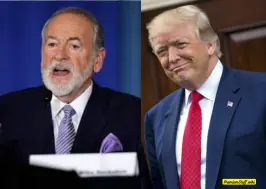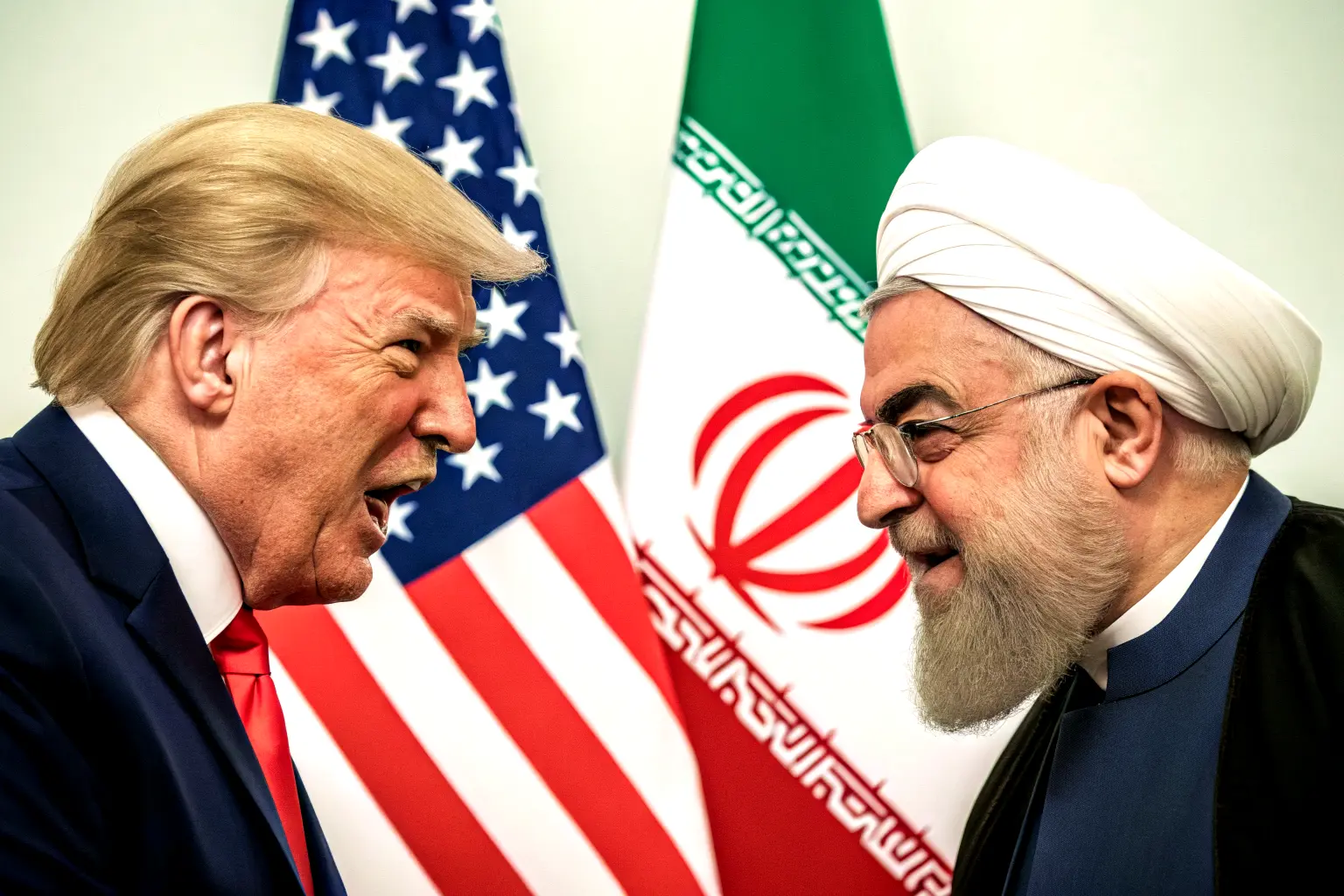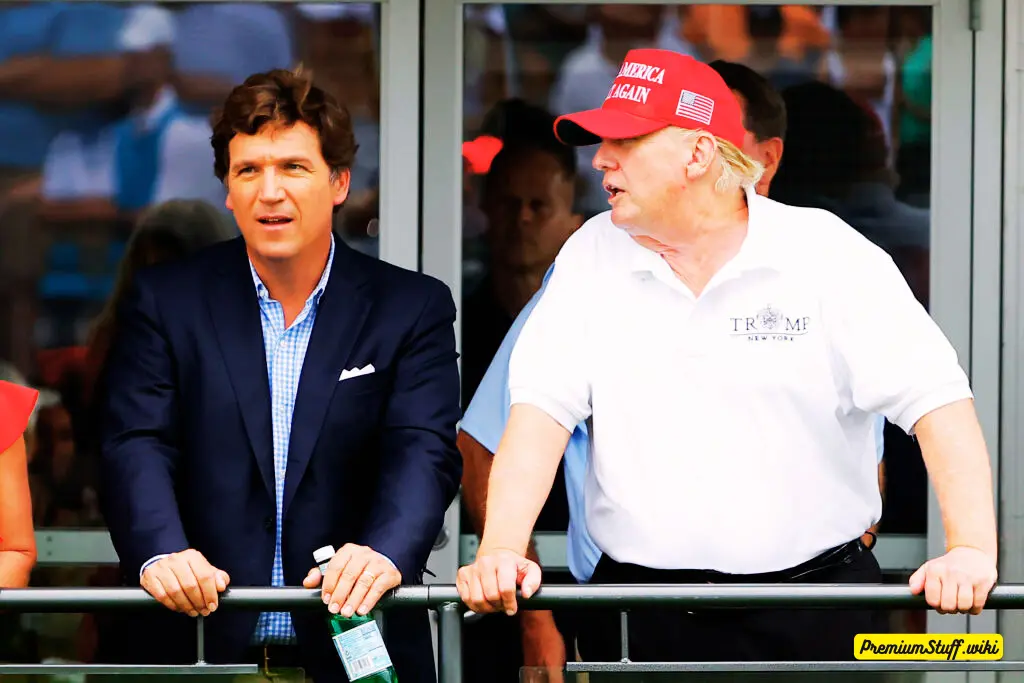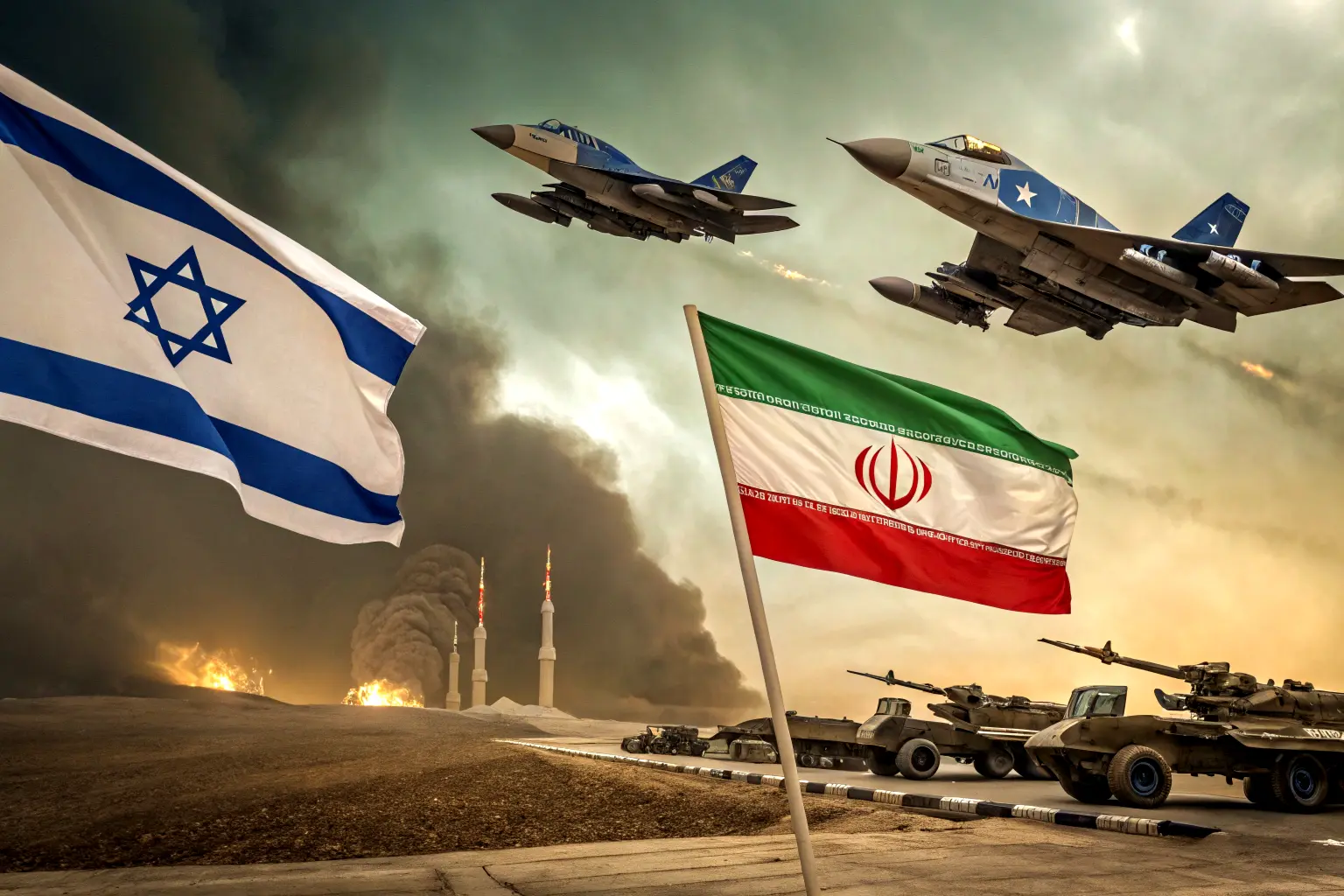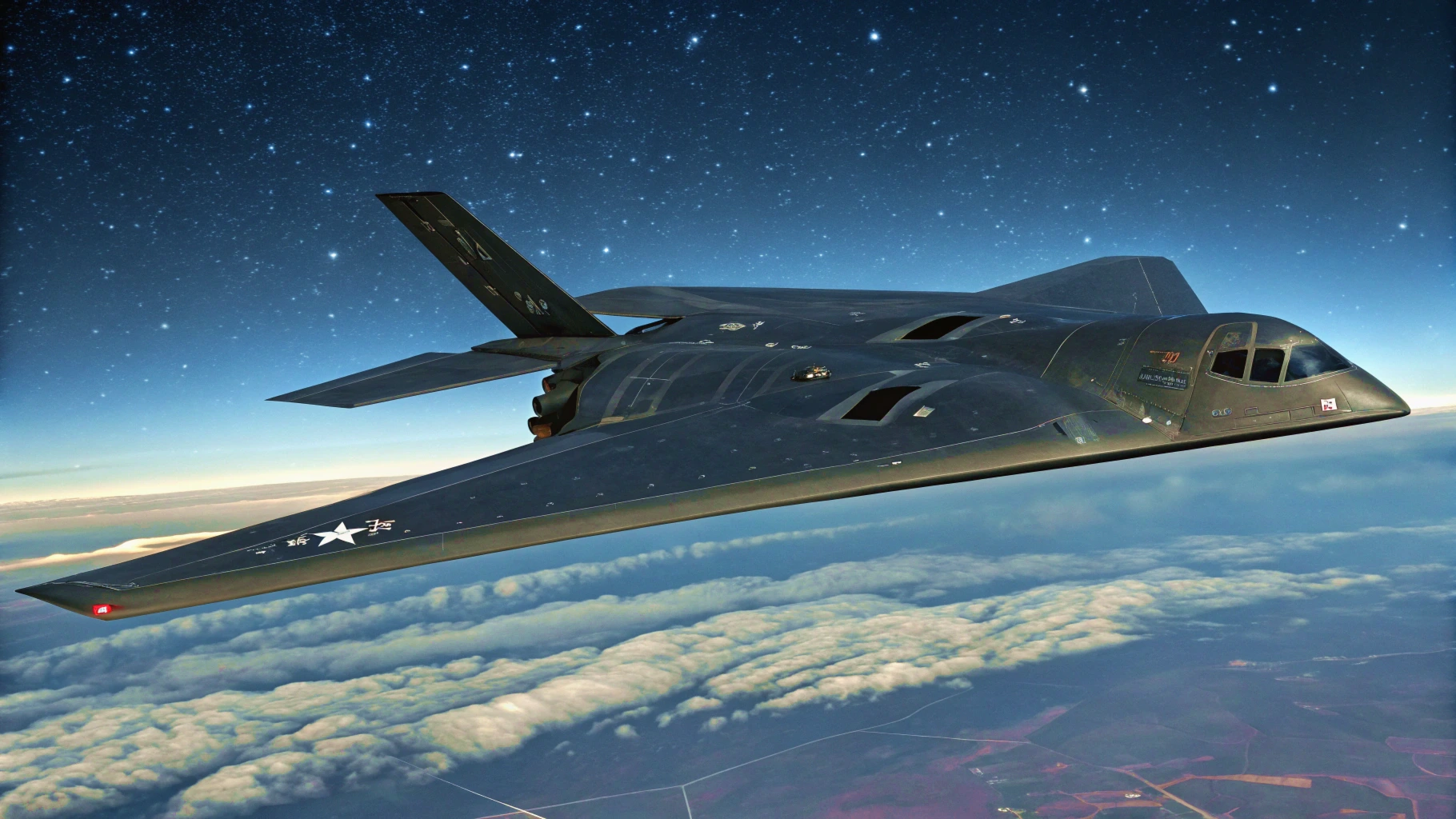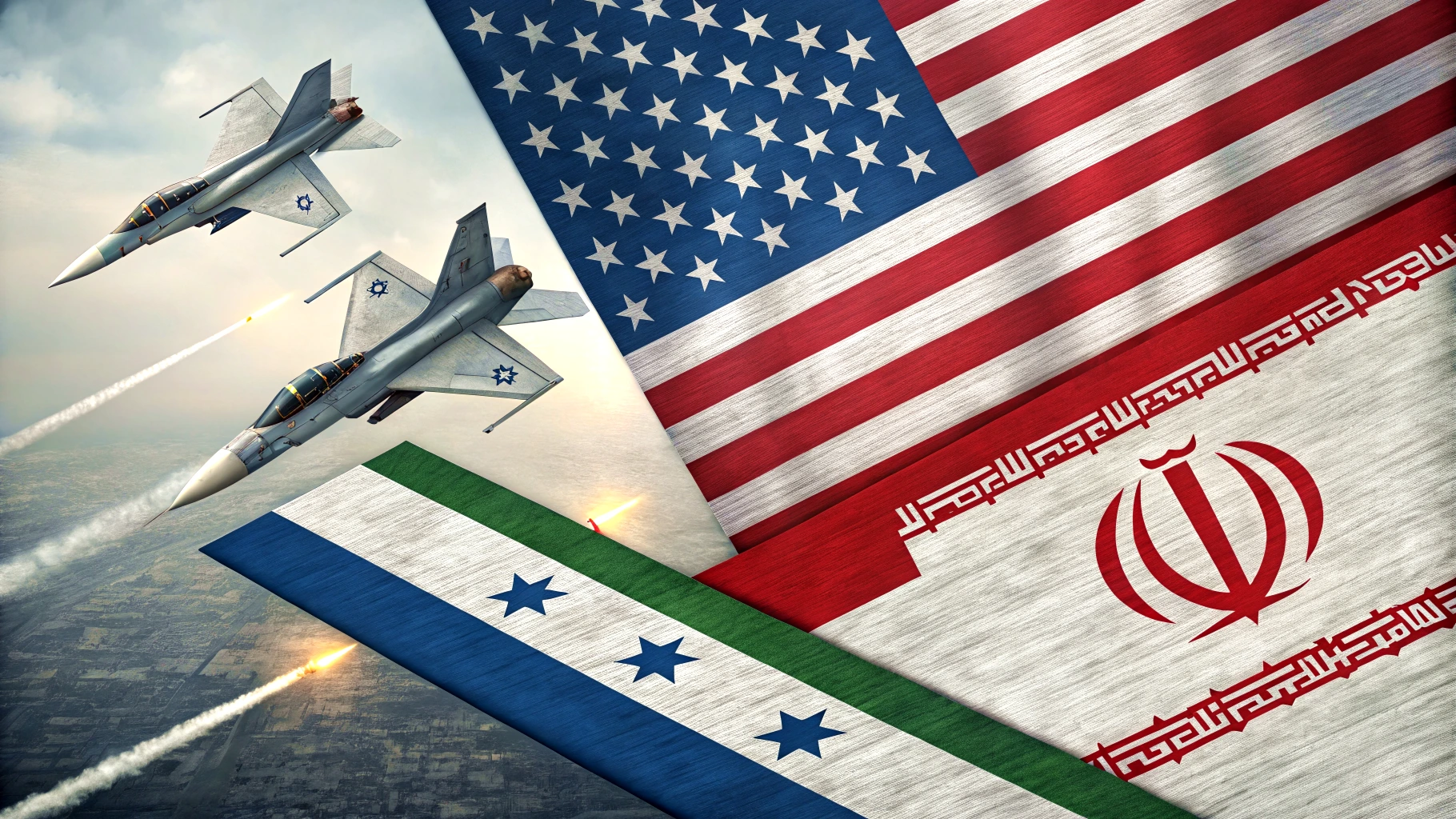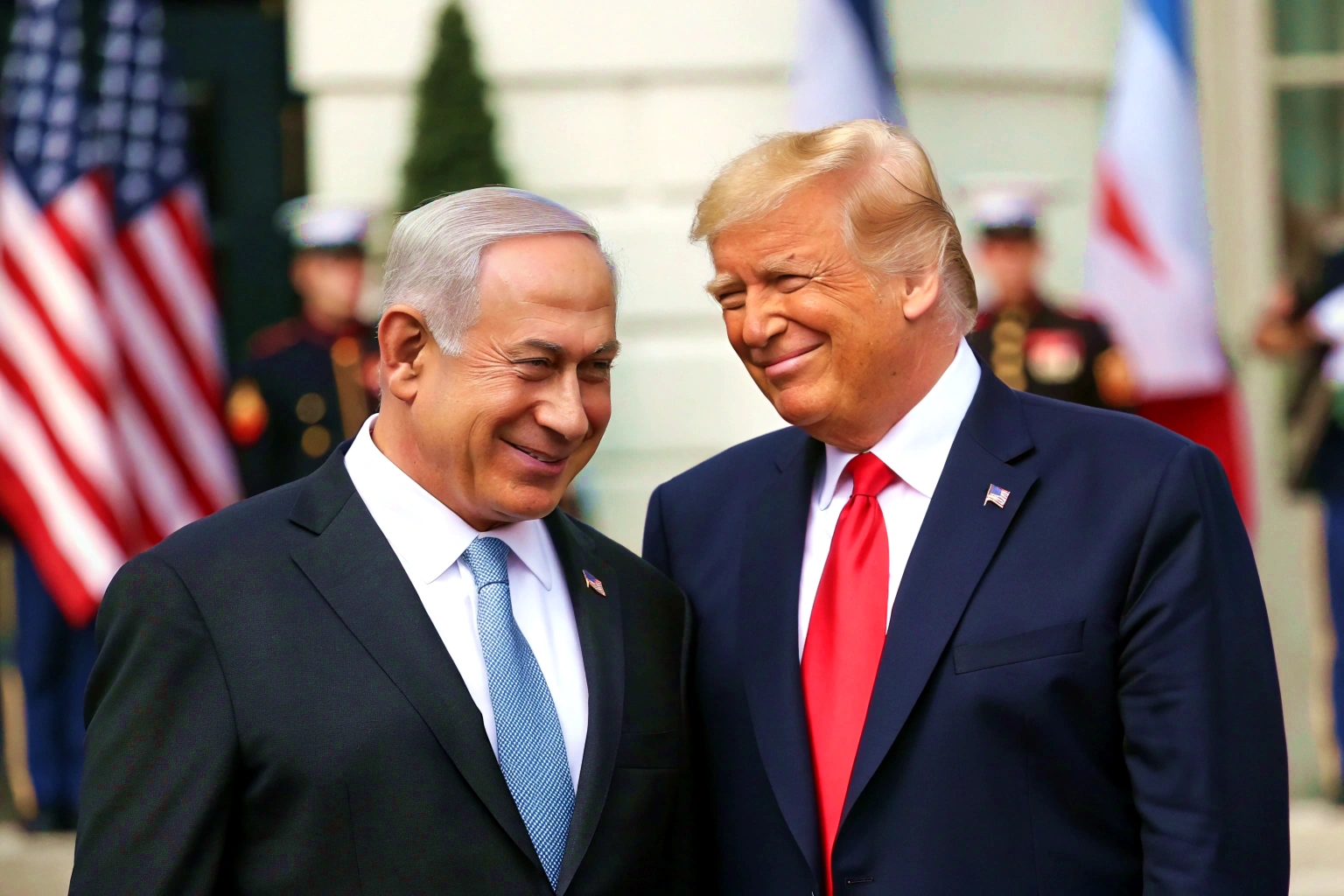Trump Clashes With Intel Chief Over Iran Nukes
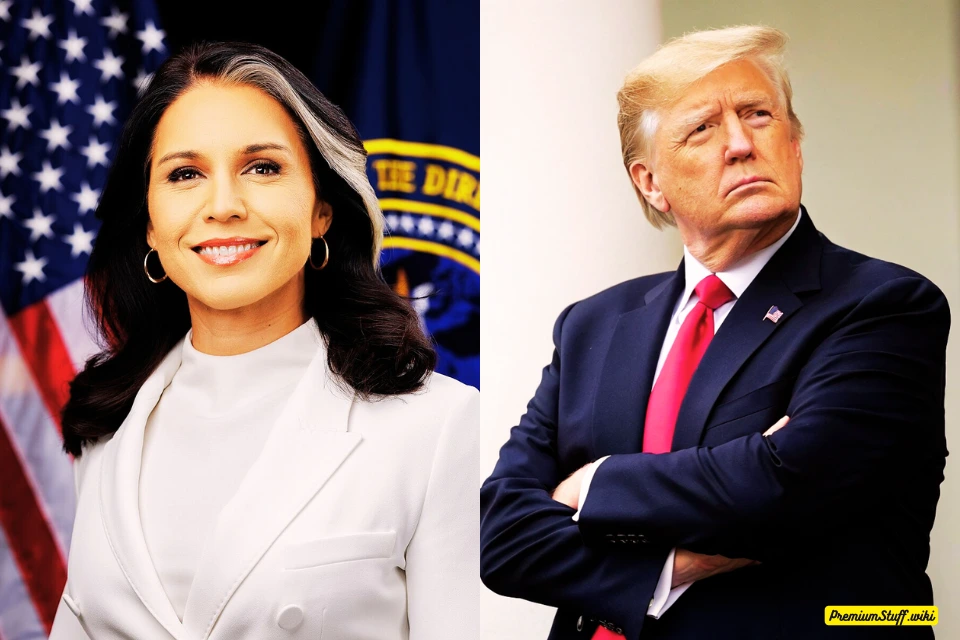
ABOARD AIR FORCE ONE — Midway through an urgent flight home from the G7 summit, President Donald Trump made his frustration crystal clear about America’s top intelligence official. “I don’t care what she said,” Trump declared to reporters, dismissing his own Director of National Intelligence Tulsi Gabbard’s assessment that Iran isn’t building nuclear weapons. The extraordinary public rift exploded as Israeli airstrikes pounded Iranian nuclear facilities and Tehran retaliated with missile barrages, pushing the Middle East toward full-scale conflict.
Gabbard, the former Hawaii congresswoman Trump personally appointed to oversee U.S. intelligence agencies, had delivered sober testimony to Congress just weeks earlier. “We continue to assess Iran is not building a nuclear weapon,” she stated unequivocally in March, noting that while Iran had amassed enough enriched uranium for several bombs, there was no evidence Supreme Leader Khamenei had actually ordered weapons development. Her assessment aligned with findings from international inspectors and career analysts.
But aboard Air Force One, surrounded by maps of Israeli-Iranian strike zones, the president waved away her expertise. “Look at what just happened over there,” Trump said, gesturing toward briefing papers showing damage assessments from Israel’s massive Friday strikes. “You don’t hit sites like that unless they’re close to having something terrible. I think they were very close to having one.” His comments directly endorsed Israeli Prime Minister Benjamin Netanyahu’s claim that Iran was “months away” from a bomb – a timeline U.S. intelligence analysts privately call “highly exaggerated.”
Within hours, Gabbard scrambled to contain the fallout in a tense CNN interview. “The president and I are completely aligned,” she insisted, her voice tightening slightly as she faced questions about Trump’s dismissal. “When I testified that Iran could produce weapons-grade uranium quickly, that’s exactly what he’s referring to.” But her careful explanation couldn’t paper over the obvious contradiction: Trump hadn’t just disputed her timeline – he’d rejected her fundamental conclusion that no active weapons program exists.
Behind the scenes, administration officials describe a growing chasm between the intelligence community and White House hawks. CENTCOM Commander Gen. Michael Kurilla, described by three Pentagon insiders as “the administration’s most vocal proponent for military action,” has reportedly argued Iran could sprint to weapons-grade uranium in “one week” given its current stockpiles. With Kurilla retiring next month, allies suspect Israel timed its strikes to leverage his aggressive stance before his departure.
The public clash carries uncomfortable echoes of the Iraq War intelligence failures. “We’ve seen this movie before,” said former CIA analyst Martin Petersen. “A president talks about mushroom clouds while ignoring his own experts. Only this time, the threat inflation could trigger an actual war.” Critics note Trump’s 2018 withdrawal from the Iran nuclear deal allowed Tehran to dramatically expand uranium enrichment – the very capability now causing alarm.
Gabbard’s position appears increasingly isolated. She was conspicuously absent from last week’s crisis meeting at Camp David, where generals and cabinet members debated U.S. response options. Her recent firing of two senior analysts who contradicted Trump’s claims about Venezuela has fueled speculation about her future. “She’s walking a tightrope,” observed a former intelligence colleague. “Trying to preserve credibility with professionals while serving a president who openly scorns intelligence he dislikes.”
The fallout extends to Trump’s political base. Tucker Carlson’s “War Room” podcast blasted the “neocon takeover” of Iran policy, while former strategist Steve Bannon lamented Gabbard’s diminished role: “She was supposed to stop this madness.” The criticism highlights Trump’s delicate balancing act – campaigning as an anti-war candidate while edging toward a conflict that could dwarf recent U.S. engagements.
As tensions escalate, key questions remain unanswered: Will Trump authorize direct U.S. strikes if Iran retaliates again? Can diplomatic channels reopen? And will Gabbard – once considered a rising star in this administration – survive as the nation’s top intelligence officer when the president declares, “I don’t care what she said”? With missiles still flying and analysts scrambling for answers, the world holds its breath.

